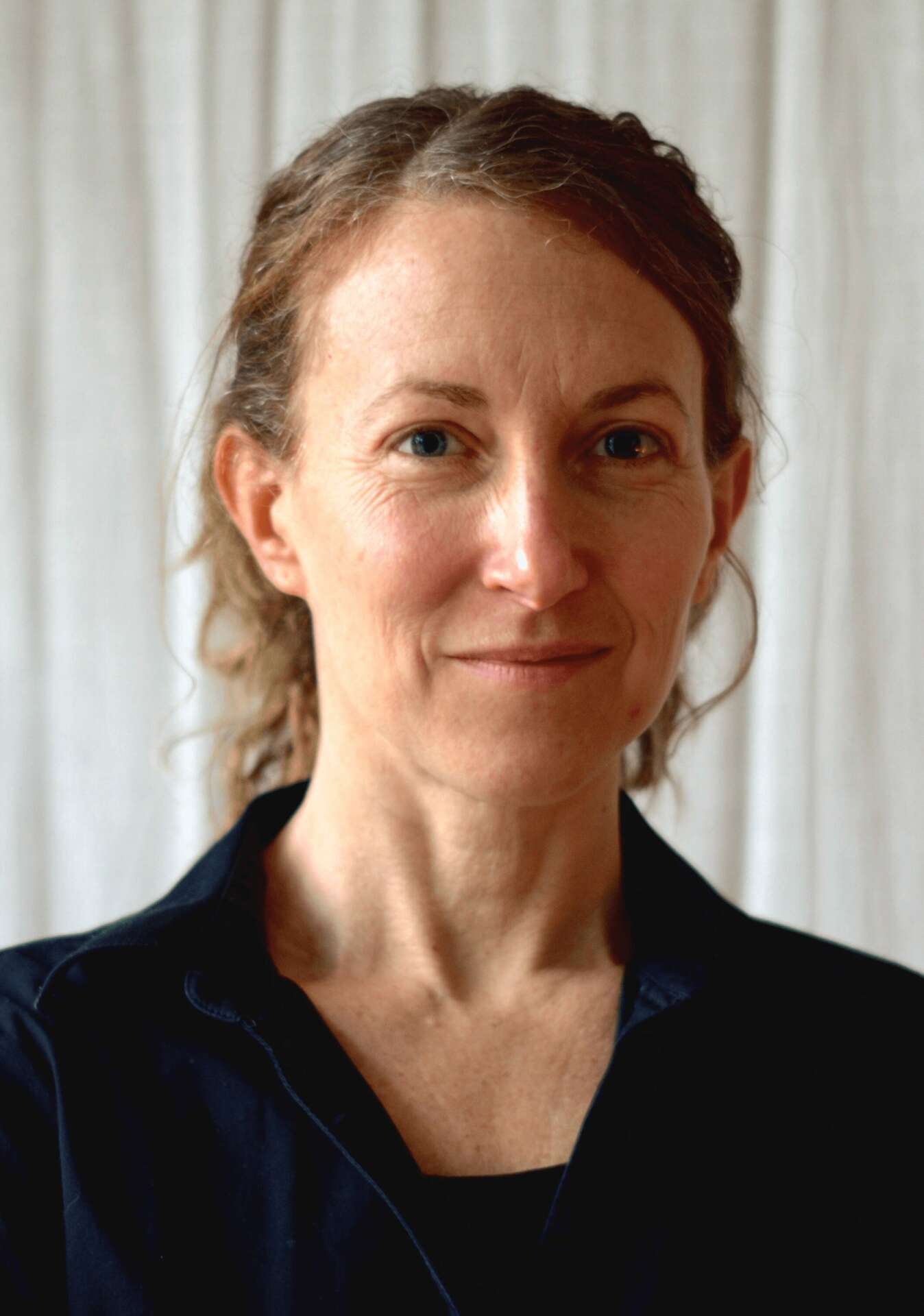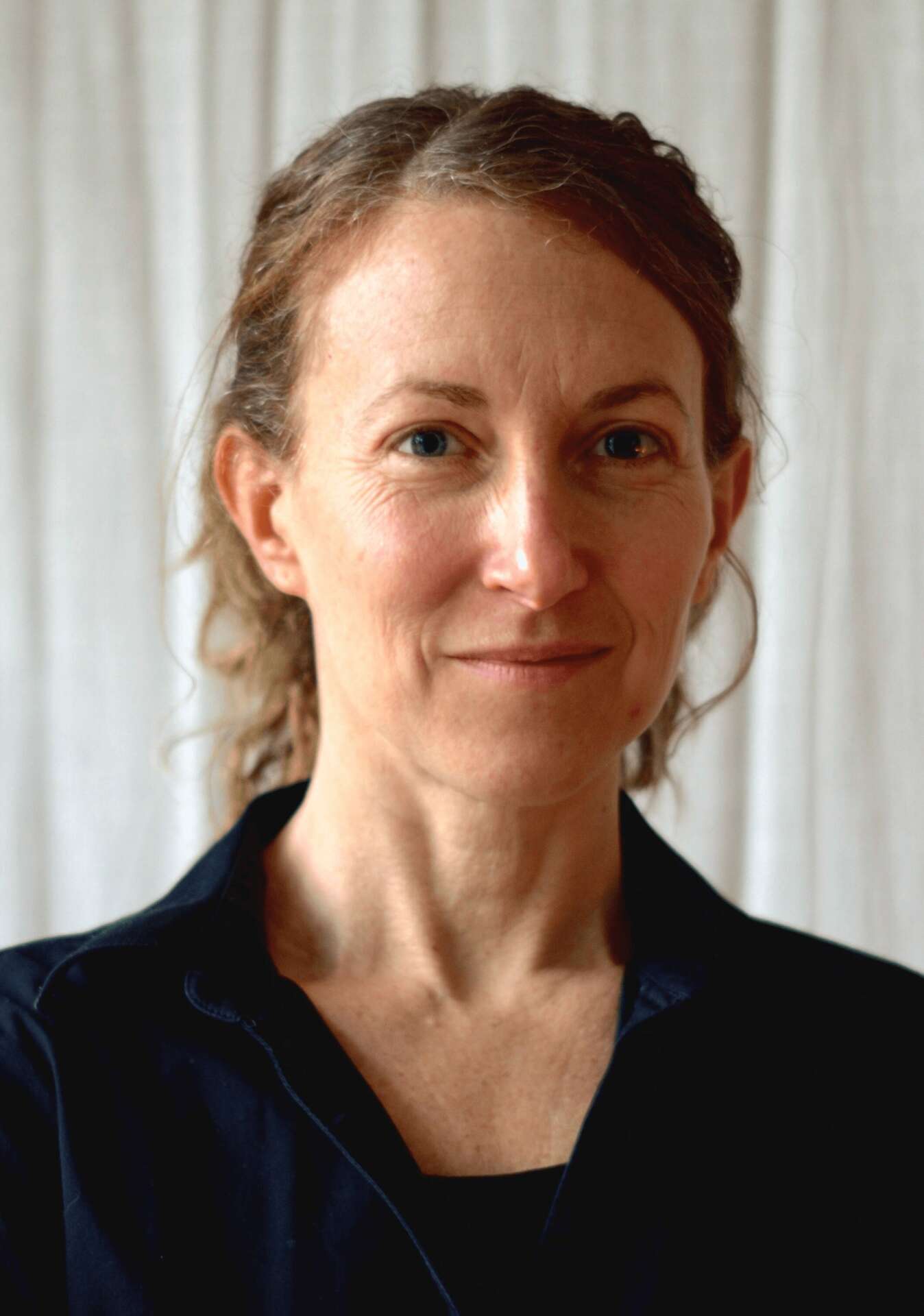We’re excited to introduce you to the always interesting and insightful Lily Copenagle. We hope you’ll enjoy our conversation with Lily below.
Lily, looking forward to hearing all of your stories today. Please tell us about starting your own firm and if you’d do anything different knowing what you know now.
Throughout my life and through several careers, I’ve learned when people say “that’s not how it’s usually done” or “most people do it this way” to do two things: 1) ask WHY and 2) evaluate if those reasons are relevant or important for me.
By doing this I’ve discovered how often the answers to that question were completely irrelevant for me and how much time, energy, and resources I had previously wasted on unintentionally following the herd.
A simple example is the assumption that all businesses want to pursue growth. I have no interest in having employees or outsourcing my work. And yet, so many systems that I interact with are designed with the growth-at-all-costs model in mind.

Lily, before we move on to more of these sorts of questions, can you take some time to bring our readers up to speed on you and what you do?
I help organizations (governmental agencies, non-profits, for profit businesses) evaluate the equity of the services they provide. I work with each organization to determine what data they have and what is needed to evaluate this, analyze the data, and provide assessments that establish baselines and evaluate the relative impact of different strategies to improve equity.
For example, if the organization is a health care provider, I might gather information from patient health records or treatment charts to evaluate if patients with the same medical history and symptom presentation get the same treatment or if patients with certain racial identities, genders, socio-economic status, or primary language receive better or worse care.
I think one of the things that sets me apart is that while I have a PhD and am a data scientist, I approach data analytics and equity assessment from a broader perspective and will translate the data in a way that is relevant to a county commissioner, a taxpayer, an employee, the company’s legal team, and everyone in between.
How did you put together the initial capital you needed to start your business?
It was important to me that my business needed no capital to start. I am financially risk-averse, and I built my business up slowly, experimenting with different services I could provide. Am I the right person to facilitate large community engagement activities? Nope. Do I like cleaning up messy data, organizing and sleuthing my way to an understanding of what’s happening and providing an analysis that illuminates and informs? Very much.
It turned out that the only resources I needed were my brain and my computer. Once I had some test cases and had refined my offering, I upgraded my computer, but to this day my business has very little overhead
Have any books or other resources had a big impact on you?
I enjoy my work, but as a business owner my primary philosophy is to dismantle systems of oppression and to redistribute power, safety, health, and wealth. I do this with data analysis by revealing inequities and providing meaningful information to guide conversations about reducing those inequities.
I give away almost everything I make. My partner and I live frugally and simply and we are very comfortable that way. This means that we are able to redistribute the capital we generate in our jobs. We do this for many reasons, but primary among them are deep commitments to reparations and rematriation.
I believe that knowledge hoarding is a powerful form of domination and oppression, and one of the ways in which I can combat this form of oppression is to reduce barriers to free and easy access to information and resources. By making publicly available, whenever possible, the results of my work, I try to contribute to a broader access to the information that our communities and leaders need to make informed decisions.
There are so many books that have influenced my approach to my work, but I would point anyone looking to learn more to anything by Tim Wise, The Whiteness of Wealth by Dorothy A. Brown, Poverty, By America by Matthew Desmond, How To Be An Anti-Racist by Ibram X. Kendi, The Common Good by Robert Reich, and The Dawn of Everything: A New History of Humanity by David Graeber and David Wengrow.
Contact Info:
- Website: https://www.equityanalyticsgroup.com


